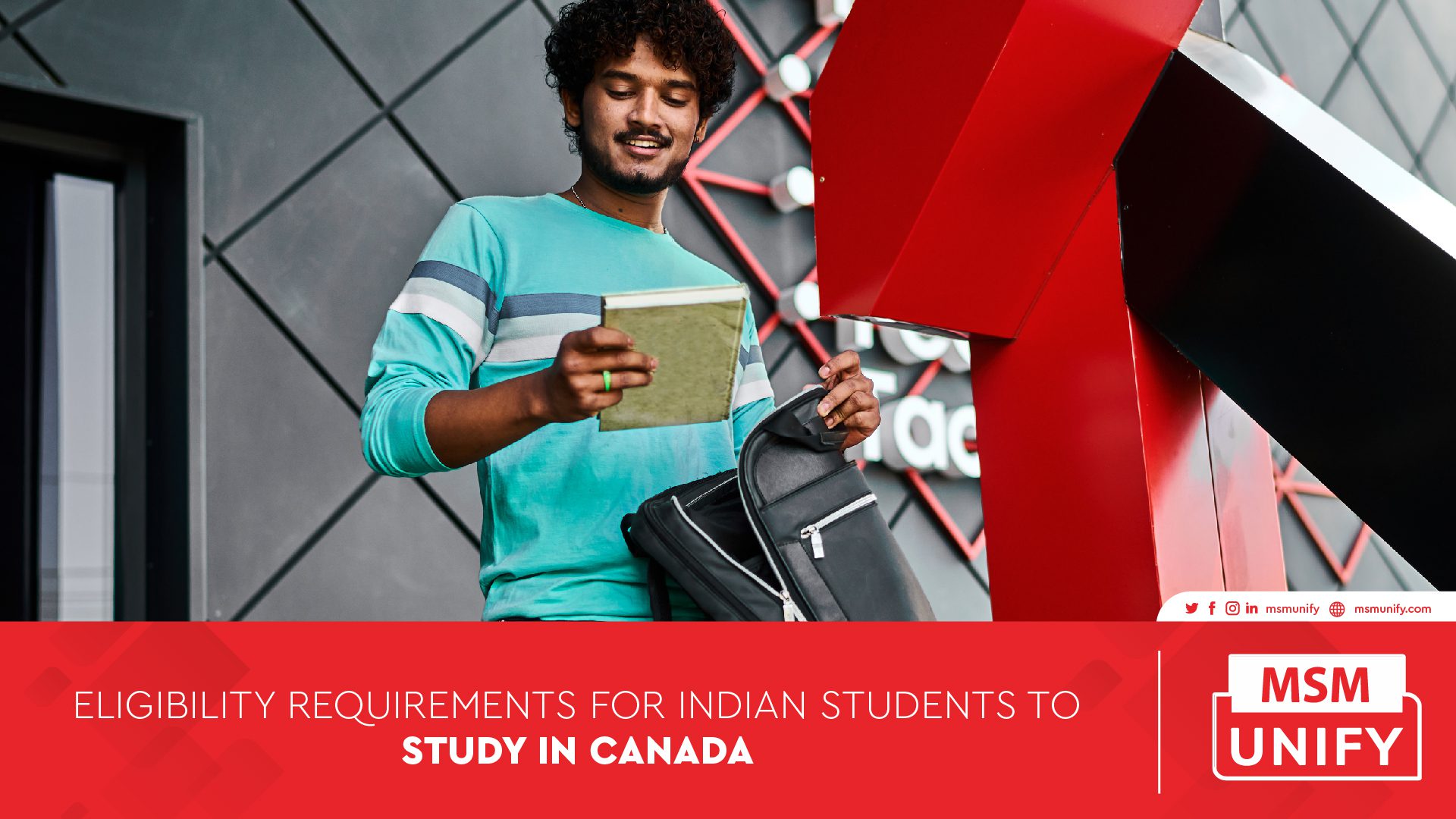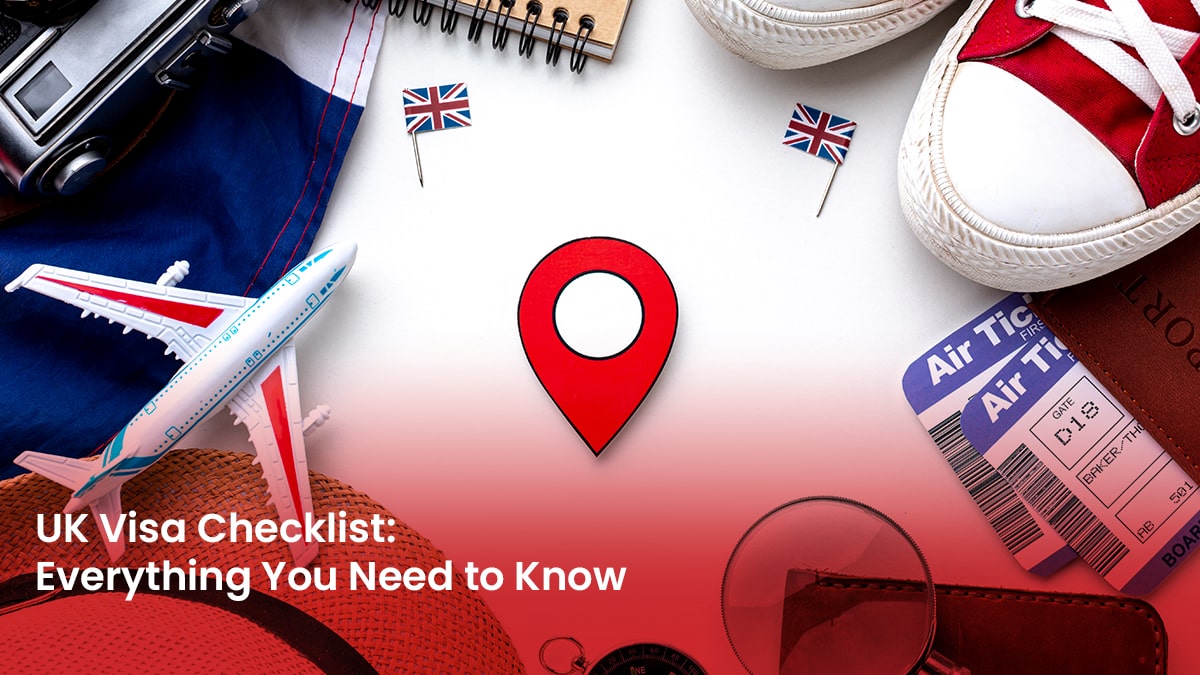Eligibility Requirements for Indian Students to Study in Canada
Countless students and professionals look to Canada for higher education and employment prospects. Life and study in Canada attract international students jumpstarting their future careers. Do you intend to study in Canada? A comprehensive guide is provided below to help you.
International students are becoming more attracted to studying in Canada. With over 642,000 international students, Canada is one of the world’s top five study destinations. Undergraduate studies, postgraduate, and short-term courses are all available in the country.
Admission to Canada requires test results including the GRE, IELTS, TOEFL, and others. To qualify for business programs like the MBA in Canada, candidates must possess a good GMAT score. SOPs, LORs, and other documents will also be needed to back up your application and lead you through the admissions process. To learn more about the prerequisites for studying in Canada, read on.
Admission Requirements for Studying in Canada
Every educational institution in Canada follows its own qualifications for studying in the country for various majors. It could comprise a range of documents containing personal information along with academic competence. The following general documents must be submitted include:
- Certificate of completion of secondary school (for Bachelor’s Degree)
- Certificate of Bachelor’s Degree (for Master’s Degree)
- Language proficiency certification
- Passport scanned copy
- Canada Standard Operating Procedures (SOP)
- Recommendation letter (if needed)
- Curriculum Vitae (if needed)
- Other merit certificates that may be applicable
English Language Proficiency Requirements
Most colleges in Canada require English language proficiency ratings from international students, thus candidates must take tests such as the TOEFL, PTE, IELTS, and CAEL to provide acceptable results.
TOEFL (Test of English as a Foreign Language)
TOEFL is recognized by 100% of Canadian universities, and students can now complete the internet-based exam instead of the paper-based TOEFL. In general, the TOEFL is recognized through iBT for international students in Canada, and when the results are announced, a student can enroll in a university of their choosing within two years. The average TOEFL score needed for Canadian universities is 80-100.
IELTS (International English Language Testing System)
The IELTS is regarded as one of the most widely used rising English language examinations. IELTS measures your English competence on a range of 1-9 in four main skills: listening, writing, reading, and speaking. Upon receiving results from this test, a student can send the results to as many as five colleges for free. In addition, to obtain an IELTS Canada visa, a student must have a passing score of 6.0, while most schools seek a score of 6.5.
PTE (Pearson Test of English Academic)
PTE is a computer-based academic test that examines reading, listening, speaking, and writing skills. Students must evaluate first before taking this exam before applying to universities in Canada. Furthermore, if a student has finished three years of schooling in an academic institution where English is the official language, he or she will not be required to take the PTE exam.
CAEL (Canadian Academic English Language)
The CAEL exam can be taken in a testing facility in the USA, India, Canada, China, the UAE, or the Philippines. This exam assesses your English proficiency in four areas: listening, writing, reading, and speaking. This exam will be rated on a scale of 10 to 90, and students will be able to check their results after 8 working days of finishing the test.
Requirements to study for Master’s Degree in Canada
The prerequisite for a master’s program in Canada for international students differs as it needs 1 to 2 years to finish. The first is a master by thesis in which the production of a research project is mandatory. The third option is a master by non-thesis, which does not require the completion of a research thesis. Below is a list of requirements to study for a Master’s Degree in Canada:
- 2-3 years of full-time employment experience
- Bachelor’s degree in four years, 70% average
- GMAT score: 580-600 min.
- CBT: 237-250 min. (varies on the course)
- TOEFL: PBT: 580-600 min (varies on the course)
- IELTS score: 6.5 overall with no bands below 6 (as per the course and institution requirement)
- Some colleges and universities may request written samples/copies of published work/portfolios.
Requirements to study for Diploma Programs in Canada
In Canada, a bachelor’s degree normally lasts 3-4 years. The four-year programs involve two years of foundational study and two years of dedicated education.
- 60% expected in 12th grade
- TOEFL: PBT: 550 min. CBT: 213 min.
- IELTS Score: 6/6.5 overall (as per the course and institution requirement)
Requirements for Obtaining a Student Visa in Canada
Immigration, Refugees, and Citizenship Canada (IRCC) grants a study permit that allows an international student to study in Canada for a certain period. Listed are the study permit eligibility conditions:
- Students must be accepted in a designated learning institute (DLI).
- A qualifying student must be a law-abiding citizen without criminal history and must not pose a threat to Canada’s security. Students may be required to show a police certificate as well.
- Students must demonstrate to an immigration officer that they will leave Canada at the completion of their authorized stay.
- Students must demonstrate that they have the finances to fund their education in Canada as well as other living costs in Canada for both themselves and other family members accompanying them.
- Students may also be asked to provide a current medical certificate. (If necessary)
Cost of Study in Canada
Even though the expense of studying and living in Canada is not on the list of requirements, it is one of the key worries for a lot of international students when considering studying abroad. When you begin researching the finest universities in Canada and how to qualify to study, you must first determine whether or not this is a viable option for you. The entire cost of studying in Canada includes expenses such as housing, food, health insurance, and transportation, in addition to your tuition fee.
Types of Expenses | Yearly Cost |
Tuition Fees | CAD 7,000 to CAD 35,000 (INR 3,50,000 – 19,00,000) |
Accommodation | CAD 7,200 to CAD 24,000 (INR 3,91,054 – INR 13,03,515) |
Other Living Expenses (Grocery, transportation, etc.) | CAD 6,000 to CAD 10,000 (INR 3,23,881 – INR 5,39,802) |
Miscellaneous | CAD 1,000 (INR 53,980) |
Total (with tuition fees) | CAD 21,200 to CAD 66,500 (INR 11,44,382 – INR 37,78,620) |
These requirements and qualifications vary depending on the university you want to study at in Canada. Learn more about Canada as a study destination and have the last say on where to land an application. MSM Unify is here to help you out in your college endeavors.












